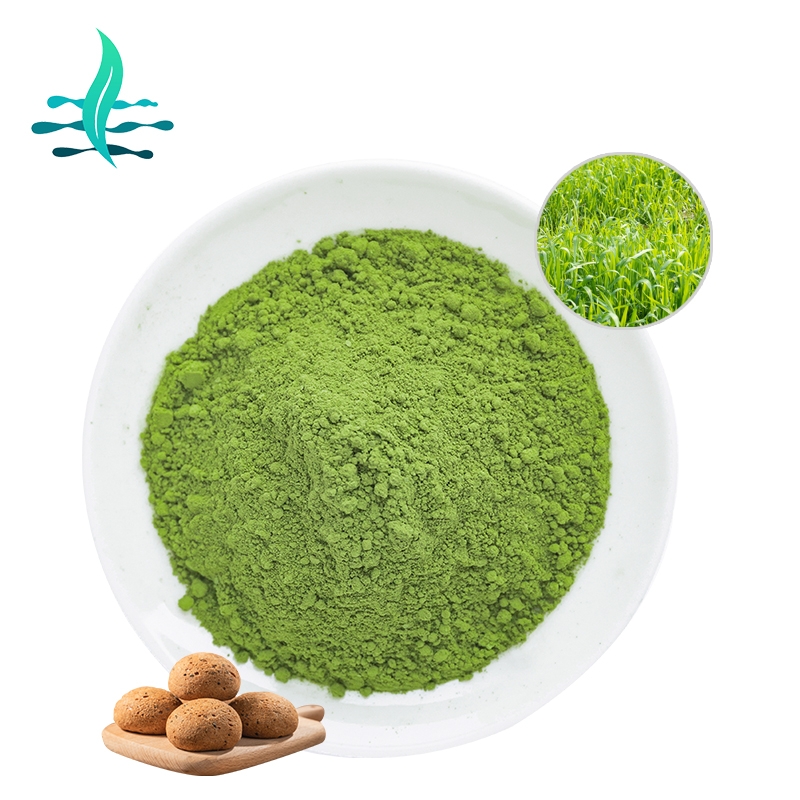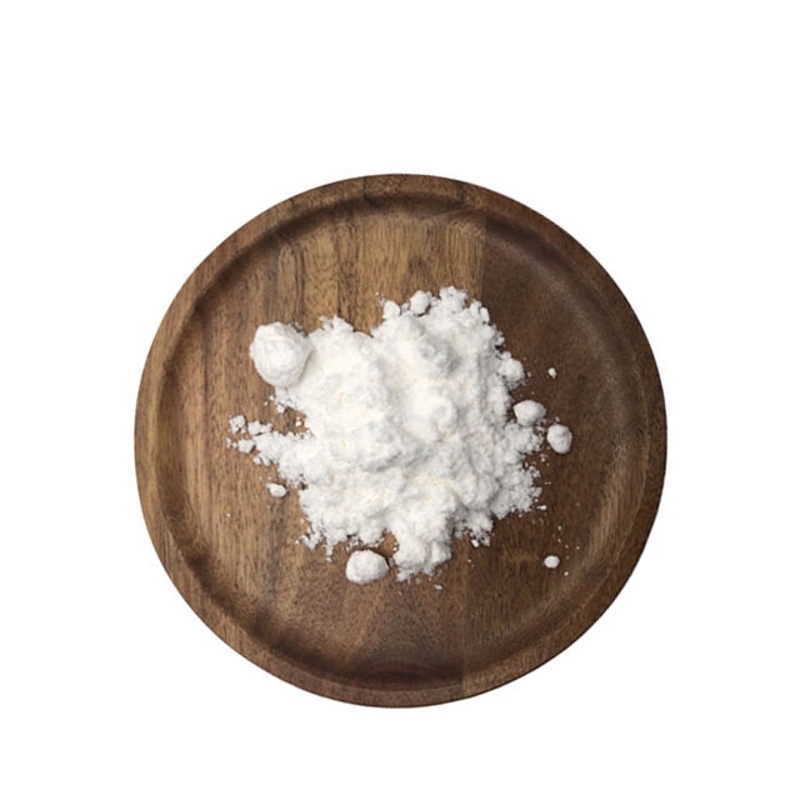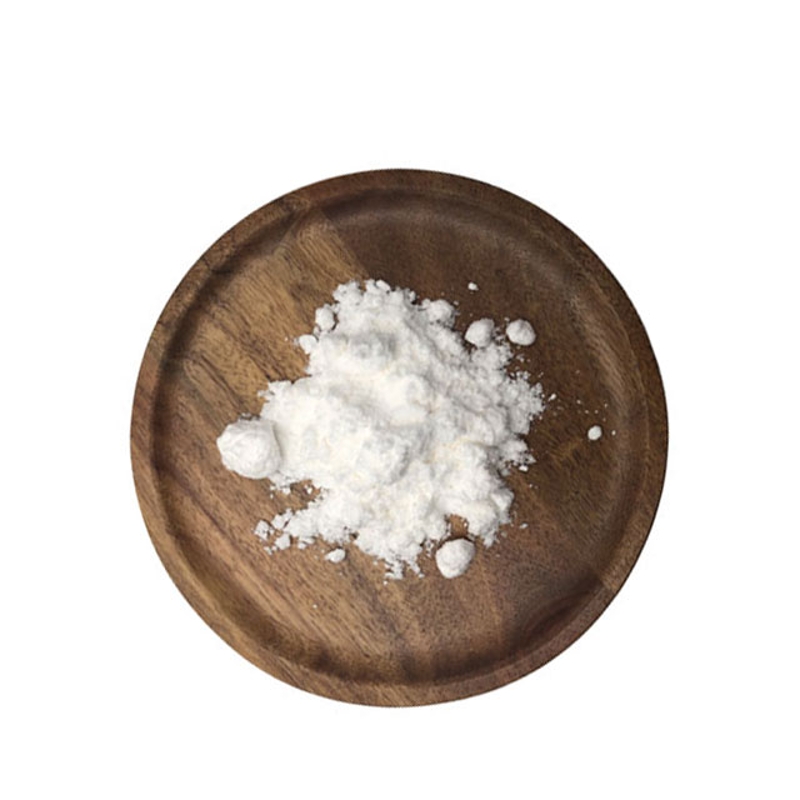-
Categories
-
Pharmaceutical Intermediates
-
Active Pharmaceutical Ingredients
-
Food Additives
- Industrial Coatings
- Agrochemicals
- Dyes and Pigments
- Surfactant
- Flavors and Fragrances
- Chemical Reagents
- Catalyst and Auxiliary
- Natural Products
- Inorganic Chemistry
-
Organic Chemistry
-
Biochemical Engineering
- Analytical Chemistry
- Cosmetic Ingredient
-
Pharmaceutical Intermediates
Promotion
ECHEMI Mall
Wholesale
Weekly Price
Exhibition
News
-
Trade Service
The
Brassicaceae
family comprises a variety of plant species that are of high economic importance as �vegetables or industrial crops. This includes crops such as
Brassica rapa
(turnip, Bok Choi),
B. oleracea
(cabbages, broccoli, cauliflower, etc.), and
B. napus
(oil seed rape), and also includes the famous genetic model of plant research,
Arabidopsis thaliana
(thale cress). Brassicaceae plants contain a large variety of interesting secondary metabolites, including glucosinolates, hydroxycinnamic acids, and flavonoids. These metabolites are also of particular importance due to their proposed positive effects on human health. Next to these well-known groups of phytochemicals, many more metabolites are of course also present in crude extracts prepared from
Brassica
and
Arabidopsis
plant material.High-pressure liquid chromatography coupled to mass spectrometry (HPLC-MS), especially if combined with a high mass resolution instrument such as a QTOF MS, is a powerful approach to separate, detect, and annotate metabolites present in crude aqueous-alcohol plant extracts. Using an essentially unbiased procedure that takes into account all metabolite mass signals from the raw data files, detailed information on the relative abundance of hundreds of both known and, as yet, unknown semipolar metabolites can be obtained. These comprehensive metabolomics data can then be used to, for instance, identify genetic markers regulating metabolic composition, determine effects of (a)biotic stress or specific growth conditions, or establish metabolite changes occurring upon food processing or storage.This chapter describes in detail a procedure for preparing crude extracts and performing comprehensive HPLC-QTOF MS-based profiling of semi-polar metabolites in Brassicaceae plant material. Compounds present in the extract can be (partially or completely) annotated based on their accurate mass, their MS/MS fragments and on other specific chemical characteristics such as retention time and UV-absorbance spectrum.







